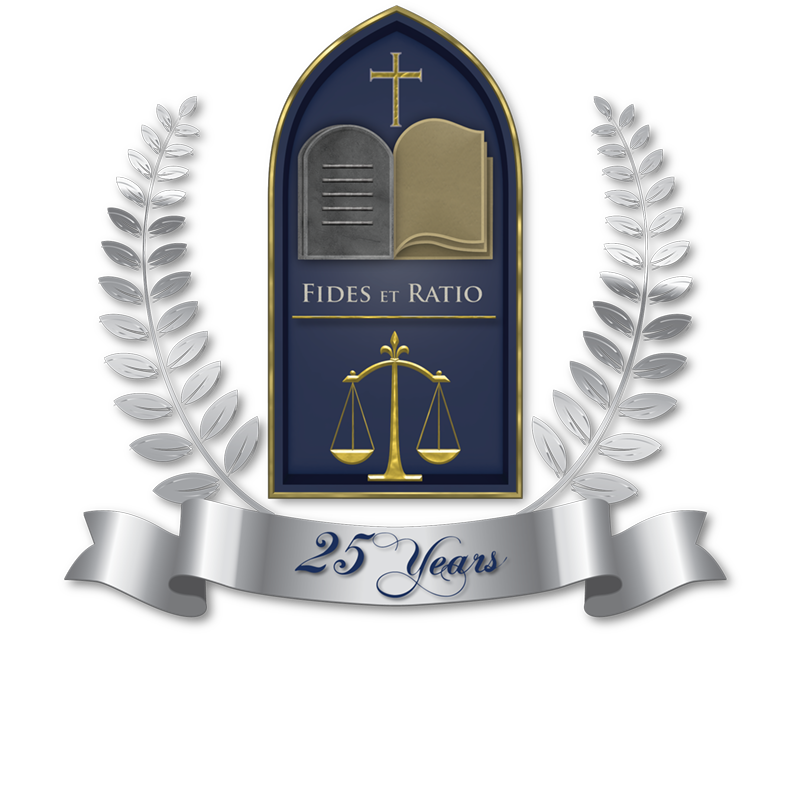Shedding Light on Shadows: Backlash to the Corporate Transparency Act

By Kendall Coughlin,
Smith Business Law Fellow
J.D. Candidate, Class of 2025
The existence and widespread use of shell corporations are an open secret throughout society. Although technically legitimate businesses, the lay person views them as sleek, mysterious, never revealing their true identity and always portrayed as shady.i They exist in the minds of many as false entities used to finance terrorism, combat money laundering, and tax evasion. To combat these threats, Congress forged a new weapon: the Corporate Transparency Act (“CTA”). The CTA is a federal law that aims to deter financial crimes by mandating that most entities incorporated under state law provide personal stakeholder information to the Treasury Department’s Financial Crimes Enforcement Network (“FinCEN”).ii The CTA requires these entities to disclose the identity and information of any “beneficial owner,” defined as an individual who exercises substantial control over the entity or owns or controls not less than 25 percent of the ownership interests of the entity, with some exceptions.iii The CTA exempts twenty-four kinds of entities from its reporting requirements, including banks, insurance companies, and entities with more than twenty employees, five million dollars in gross revenue, and a physical office in the United States.iv The legislation took effect at the beginning of this year, and although these requirements seem relatively minor, it has been met with fierce backlash.
It has been alleged in states like Alabama and Ohio that these reporting requirements force US citizens and residents to disclose personal information that violate their constitutional rights.v In National Small Business United v Yellen a federal district court in Alabama agreed, ruling that the CTA exceeds Congress’s foreign affairs, commerce, and tax powers.vi The court enjoined enforcement of the CTA for NSBA members, while other entities must still comply.vii The plaintiff’s brief also argues that the CTA exceeds Congress’s Article I powers and violates the Fourth Amendments protections against unreasonable searches and seizures.
The information that is required to be on file includes: (1) full legal name, (2) date of birth, (3) residential (or sometimes business) physical commercial street address, and (4) an image of an acceptable government-issued ID (e.g., a U.S. passport or state-issued driver’s license) that includes both an ID number and the person’s photograph.viii This reported information must be kept current and accurate with FinCEN by the reporting company on an ongoing basis.ix There are steep, escalating fines ($500 per day up to $10,000 per violation) and possible jail time (up to two years) for those failing to timely and properly comply with the CTA’s requirements.x
Corporate transparency is crucial. It holds companies accountable for their actions, ensuring that they operate ethically and responsibly. Further, the public scrutiny over businesses not paying their fair share of taxes is widespread and is an issue that absolutely needs to be rectified. However, many businesses view the CTA as going a step too far. Those arguing against the constitutionality of such a federally mandated law are not unfounded, as corporations, limited liability companies and other business associations are creatures of state law, not federal law.xi Further, small business owners will be required to hand over personal information to be kept in a database and reviewed at will by the government, amounting to an invasion of privacy and what could be viewed as an unreasonable search and seizure.xii
Although the district court in the National Small Business decision only enjoined the government from enforcing the CTA against the named plaintiffs in the case, this new law represents a fundamental change to business law in the United States.xiii Significant reasons do exist for the government to need to take action against illicit activities by businesses. For example, the Small Business Administration says there are 33 million small businesses in the United States, but only about 6 million actually employ people.xiv It is therefore not unreasonable for the government to want to take action to gain more insight into the way small businesses are run in this country.
The challenges to the CTA highlight the tension between business regulation, individual privacy rights, and the government’s role in combating criminal activity.xv The recent ruling against its constitutionality casts uncertainty on its future and raises questions about the need for legislative revisions to limit the CTA’s scope. Though authors of the act seem to have good intentions, ushering in a new era of corporate transparency to detect and punish businesses engaging in illegal activities under the protection of anonymity will require a more tactful and justified approach in order to shine a light on those companies seeking to operate in the dark.
Sources:
i Smart Reads, What is a Shell Company (Shell Corporation?) Example and Benefits, SMARTASSET (April 20, 2023), https://smartasset.com/investing/what-is-a-shell-company.
ii Nat’l Small Bus. United v. Yellen, No. 5:22-cv-1448-LCB, 2024 U.S. Dist. LEXIS 36205 (N.D. Ala. Mar. 1, 2024).
iii 31 C.F.R. § 1010.380(g)
iv Id.
v See supra note ii.
vi Id.
vii Id.
viii See supra note iii.
ix 31 U.S.C. §§ 5336(h)(1), 5336(h)(3)(A).
x Id.
xi See Cort v. Ash, 422 U.S. 66, 84 (1975).
xiii See supra note ii.
xiv Gene Marks, Why is everyone freaking out about the Corporate Transparency Act?, THE HILL (APRIL 8, 2024), HTTPS://THEHILL.COM/OPINION/4580867-WHY-IS-EVERYONE-FREAKING-OUT-ABOUT-THE-CORPORATE-TRANSPARENCY-ACT/#:~:TEXT=BUT%20THAT%20ISSUE%20ASIDE%2C%20MANY,DON’T%20HAVE%20THESE%20CONCERNS.
xv See supra note ii.




